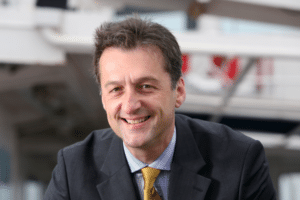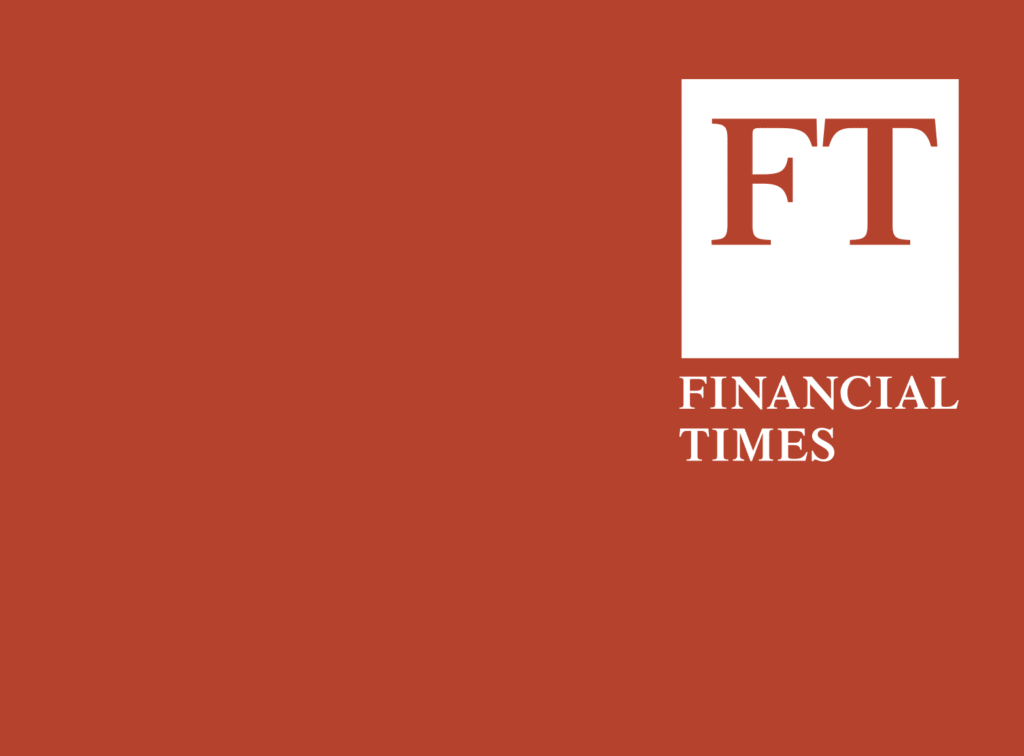Crimson & Co is proud to announce Director Richard Powell’s interview in ‘The Entrepreneur’ section of Growing Business Magazine.
With £10m company turnover, consultancy expert Richard explains that being a successful entrepreneur isn’t all about having great ideas…
Describe your business model and what makes your business unique:
- We are management consultants who specialise in the supply chain, setting the strategy with boards and working the shifts as needed to make the transformation stick.
- We focus on processes, people capabilities and supporting technology across procurement, manufacturing, distribution and supply chain planning.
- Our clients say that our consultants are inspirational and our culture is unique.
What is your greatest business achievement to date?
Expanding globally last year, moving us from being a market-leading UK business into a business with a growing global footprint. We now have offices in London, Atlanta, Mumbai, Melbourne and Singapore, and can offer our clients even more than before.
What numbers do you look at every day in your business?
Staff utilisation and our sales pipeline.
To what extent does your business trade internationally and what are your plans?
See above. We have always traded internationally, but from the UK. About 50% of our work has historically been carried out outside the UK, often for UK-based multinationals. Now we can offer clients the benefit of more local resources, we have international offices and a Sydney office is in the process of opening, next on the list is South America. We will then pause for a short while to consolidate before we add further offices where our clients need us most.
Describe your growth funding path:
All growth has been self-funded. Since taking out a second mortgage on a start-up 12 years ago all funds have come from cash generated by the business.
What technology has made the biggest difference to your business?
The Cloud has made us flexible and able to travel light whilst bringing significant knowledge and power to bear on client problems, and beyond that it is simply the speed of computing that helps us analyse lots of data quickly. Our job doesn’t need sophisticated technology beyond that (although our clients need it); we need to employ experience, canny thinking and great interpersonal skills more.
Where would you like your business to be in three years?
We expect our business globally to have 60% higher turnover, with our less developed markets increasing significantly beyond this average. We anticipate new offices being opened in at least four countries.
Growth challenges
What is the hardest thing you have ever done in business?
Focus. So often, there are multiple ways forward, all of which exert a logic that is hard to escape. But you simply can’t do everything, so how do you turn down viable, profit-making options in the hope that other options turn out better? It is a constant struggle as so many ideas are good ones, but which are the best in the long term?
What was your biggest business mistake?
In the early years we lacked confidence in our proposition. We are a high quality consultancy but we went into market at the wrong level and so we struggled to convince clients of the value we could bring. We were advised (by a client in the end!) to change our pitching approach (and raise our rates) and we immediately saw a 30% uplift in business.
Piece of Red Tape that hampers growth most:
It’s all mildly frustrating but tax levels have the biggest dampening effect.
What is the most common serious mistake you see entrepreneurs make?
Thinking that being an entrepreneur is all about having great ideas, it isn’t. It’s about taking good ideas and seeing them through to completion, whilst happily accepting that things will change along the way.
How will your market look in three years?
Even more competition from the audit-based giants.
What is the single most important piece of advice you would offer to a less experienced entrepreneur?
You need room to breathe, to allow you to make reasoned decisions without fear of immediate failure so I think it helps to always have a Plan B, not so you end up using it but so you become less stressed about Plan A.






